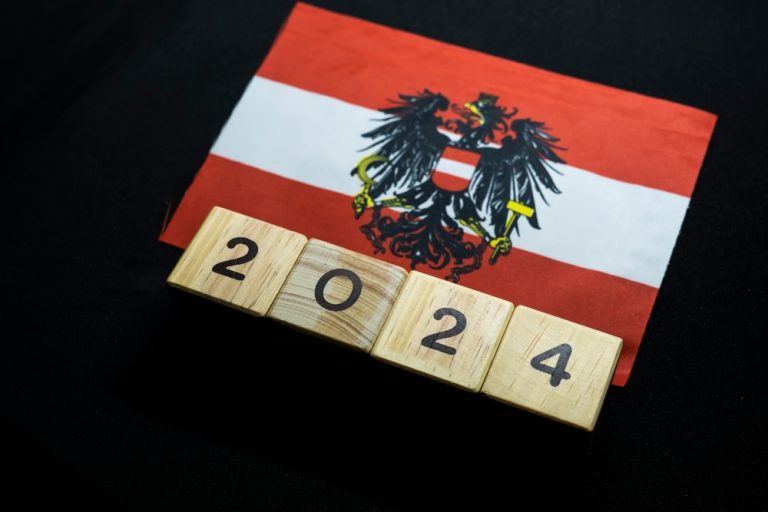Austria’s far-right Freedom Party (FPÖ), led by Herbert Kickl, claimed a historic victory in the recent elections, winning 28.9% of the vote. This marks a significant shift in Austria’s political landscape, with Kickl declaring the result as the opening of a “new era.” While the FPÖ finished ahead of the conservative People’s Party (ÖVP) at 26.3%, the outcome has sparked mixed reactions across the nation and raised concerns in the European Union.
The FPÖ’s anti-immigration platform, its opposition to EU sanctions on Russia, and its skepticism about Austria’s involvement in the war in Ukraine have been central to its rise. Kickl, who has aligned himself with Hungary’s Viktor Orban, has campaigned to turn Austria into a “Fortress” by tightening immigration laws and promoting the concept of remigration, which advocates sending asylum seekers back to their countries of origin.
President Alexander Van der Bellen has previously expressed reservations about the FPÖ due to its critical stance on the EU and its failure to condemn Russia’s invasion of Ukraine. Last year, many of the party’s MPs walked out of a speech by Ukrainian President Volodymyr Zelensky in the Austrian parliament, citing Austria’s policy of neutrality.
On Monday, Austrians expressed mixed feelings about the election results. While some, like Josef Binder, a 57-year-old carpenter who voted for the FPÖ, supported the party’s policies, saying, “If they negate 29% of voters, that’s undemocratic,” others were more concerned.
Nikolai Selikovsky, a Vienna resident, lamented the shift towards radical right-wing ideas: “It also shows the failure of the other parties that they can’t talk to each other constructively.” Karin Grobert, a commuter, questioned Austria’s direction, saying, “I’m asking myself what we did wrong in the past 75 years.”
The FPÖ’s stance on remigration has also raised worries among Austria’s immigrant community. Berat Oeztoprak, a 22-year-old kebab seller born in Austria, expressed his concerns: “What I might fear is that many will no longer be allowed to stay here… I know that I belong here.”
Kickl’s victory is the latest in a series of electoral successes for far-right parties across Europe. Italy’s Giorgia Meloni, who leads the far-right Brothers of Italy party, now heads a right-wing coalition government, and Germany’s AfD recently topped polls in Thuringia. Marine Le Pen of France’s National Rally and Geert Wilders of the Netherlands have both praised Kickl’s victory as part of a broader European trend towards nationalism and anti-immigration sentiment.
Despite this momentum, forming a government will be challenging for Kickl. The ÖVP, under Chancellor Karl Nehammer, has ruled out a coalition with the FPÖ, citing Kickl’s embrace of conspiracy theories and divisive rhetoric. President Van der Bellen’s role in overseeing the formation of the government further complicates the FPÖ’s path to power, as he may hesitate to grant Kickl the mandate to form a coalition.
The FPÖ’s rise to power also represents a significant recovery from 2019, when the party suffered a major blow following a video sting scandal involving its former leader. Kickl’s campaign this time tapped into public anger over the government’s handling of the Covid pandemic, as well as fears surrounding immigration and economic stagnation.
Political analysts suggest that while Kickl’s victory signals a new era for Austria, the country’s future direction remains uncertain. The prospect of forming a stable coalition, as well as Austria’s relationship with the EU and its stance on global issues like Ukraine, will define this critical period in the country’s political history.


